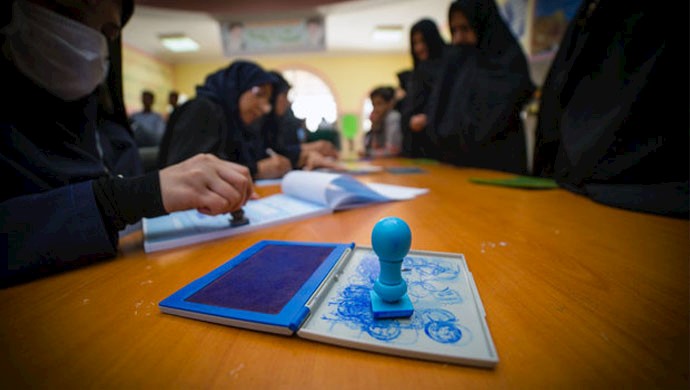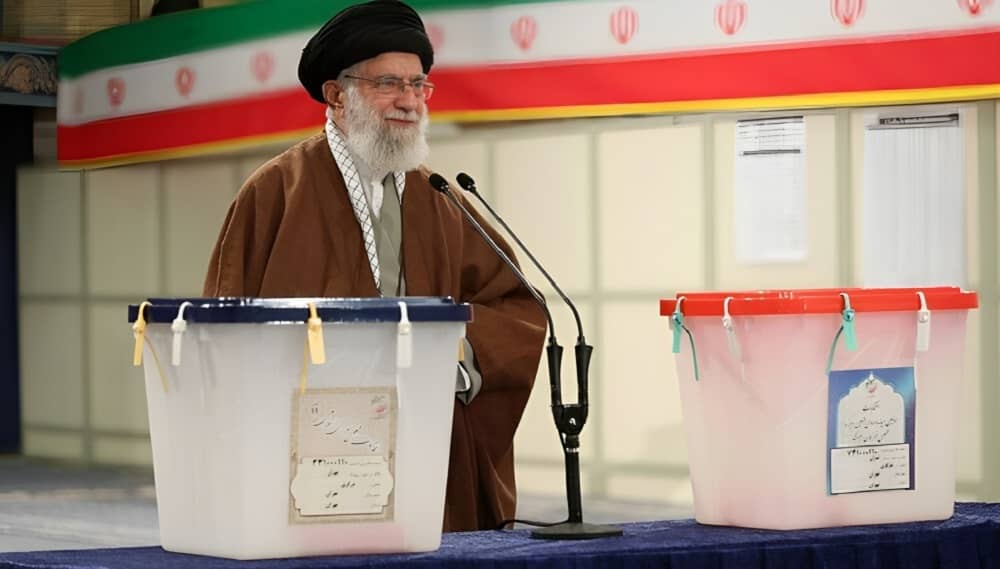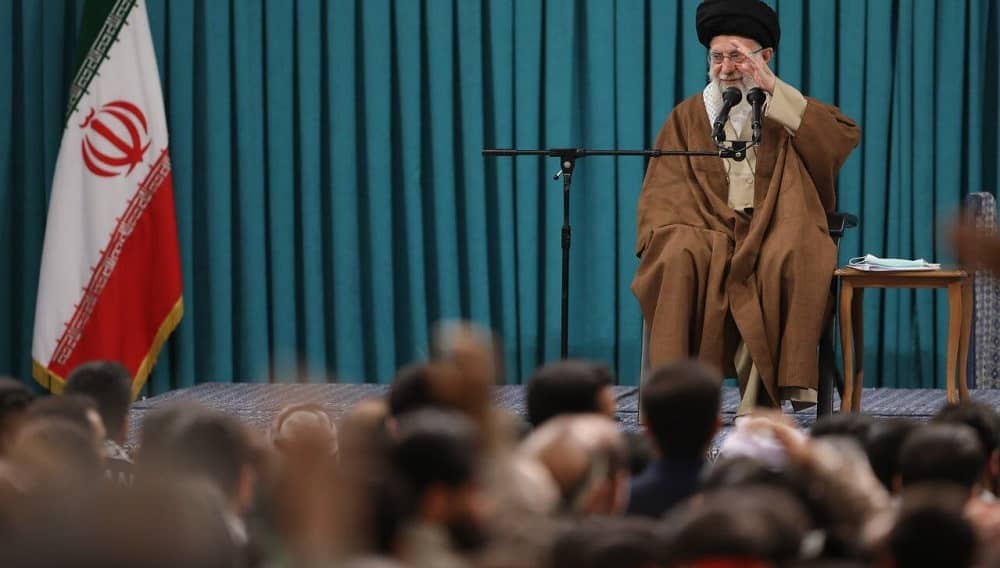

However, in Iran, where the rule is based on the theory of Velayat-e Faghih (Rule of the Guardian Jurist), these principles are fundamentally undermined. This governance model, which positions the Supreme Leader as the ultimate authority, essentially dismisses the concept of a government elected by the people.
Guardians and Minors: A Theocratic Stance
The late Mohammad Taghi Mesbah Yazdi, a prominent member of Iran’s Assembly of Experts and a confidant of Supreme Leader Ali Khamenei, unapologetically declared the irrelevance of public opinion in legitimizing the regime. He stated, “In an Islamic government, the people’s vote has no legal or religious credibility.” This view not only negates the role of popular vote in electing leaders but also dismisses the people’s influence in shaping the political system, the constitution, or the credibility of governmental institutions. In this system, the only criterion for legitimacy is the ‘satisfaction of the Guardian Jurist.’
The Facade of Democracy and Elections
Discussions about elections in the Islamic Republic have been more about expedience than democracy. Ali Khamenei, the Supreme Leader, holds the authority to alter the government’s structure at his discretion, independent of the people’s vote. The regime’s legitimacy, as per its doctrine, is not rooted in public consent.

The People’s Mojahedin of Iran (PMOI/MEK) has exposed how the regime leverages elections to feign legitimacy. The Supreme Leader manipulates terms like “people” and “freedom,” attaching them to religious interpretations that serve his ends, such as “religious popular sovereignty” and “religious intellectual freedom.” The regime’s concept of “religious popular sovereignty” specifically alludes to the Islamic Revolutionary Guard Corps (IRGC), which it deems the embodiment of this principle.
Internal Dissent and Criticism
Mohammad Javad Hojjati Kermani, disqualified from election participation, has highlighted the concentration of power and the role of the Guardian Council in controlling the electoral process. The Council, overseen by Khamenei, is accused of disqualifying candidates with differing views, a symptom of the narrowing circle of power.

The Unfolding Crisis and People’s Anger
Despite attempts to divert attention with international conflicts like the situation in Gaza, Iran’s internal challenges, including the credibility of its electoral processes, remain unaddressed. The regime faces escalating domestic unrest, with a populace increasingly resentful of the clerical rule. The growing anger and uprising are poised to challenge the regime’s hold, signaling a potential end to its reign and hopes for a liberated Iran.
In summary, Iran’s political landscape, dominated by the principle of Velayat-e Faghih, stands in stark contrast to democratic ideals. The regime’s use of elections and democratic terminologies serves more as a facade than a reflection of people’s will, raising significant questions about the future of governance and freedom in the country.

MEK Iran (follow us on Twitter and Facebook), Maryam Rajavi’s on her site, Twitter & Facebook, NCRI (Twitter & Facebook), and People’s Mojahedin Organization of Iran – MEK IRAN – YouTu







